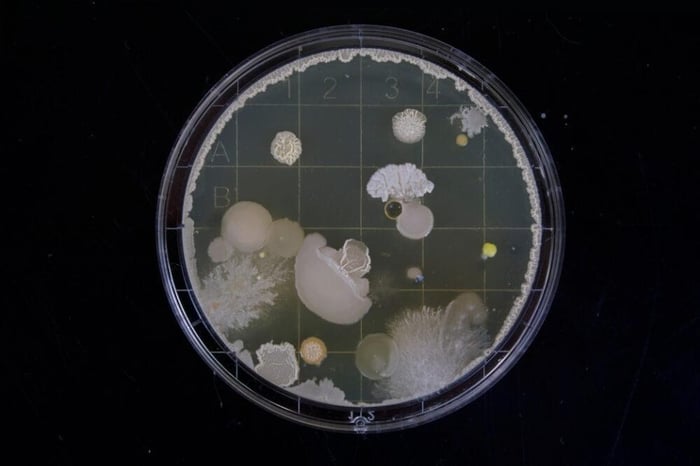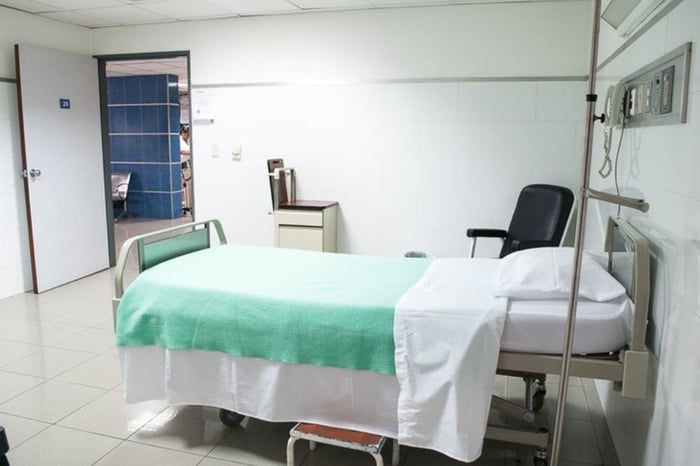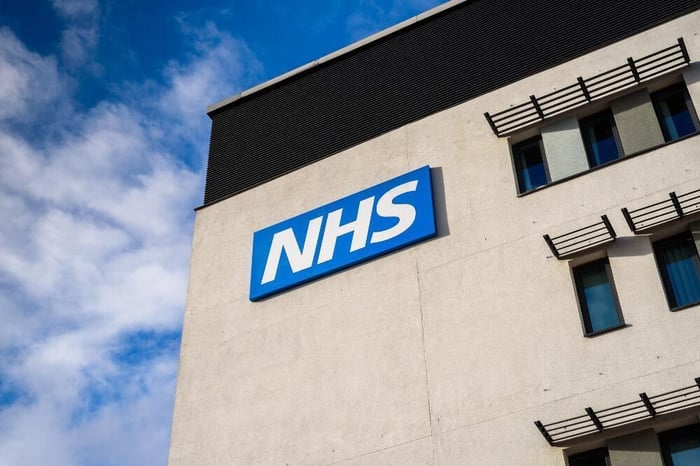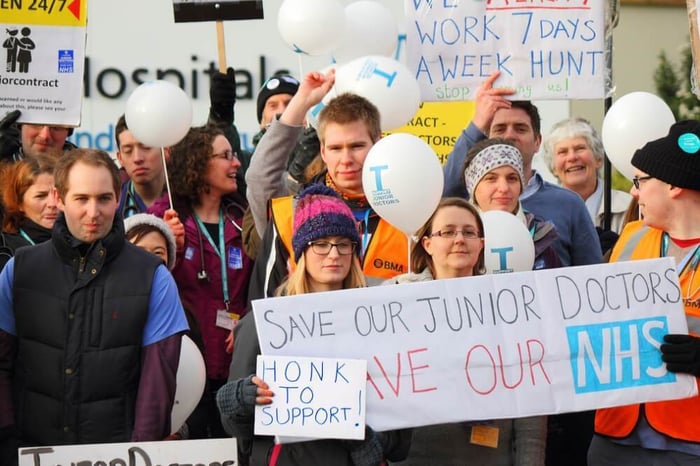
NHS Hot Topics: Antibiotic Resistance
NHS hot topics are a common interview question and in this blog post, we will be discussing antibiotic resistance to help you prepare for your medicine interviews and MMI circuits.
WHY IS ANTIBIOTIC RESISTANCE SO DANGEROUS?
ANTIBIOTICS - A QUICK HISTORY LESSON
WHAT IS ANTIBIOTIC RESISTANCE?
All living organisms evolve to survive. What did the bacteria do? The evolved of course! Antibiotic resistance is the ability of a microorganism such as a bacteria, virus or parasite to stop antimicrobials such as antibiotics and anti-viral medications from working against it. As a result, standard treatments become ineffective and these resistant organisms can spread to other hosts. Don’t take our word for it, just have a look at this timeline.

On the left is the emergence of new, antibiotic-resistant bacteria, and on the right, are our attempts of developing new antibiotics to treat these resistant bacteria. Who do you think is winning? It’s easy to see that there are more new resistant bacteria than antibiotics on this list. How does antimicrobial resistance occur? In simple terms, bacteria can become resistant to antibiotics in four ways:
- They inactivate antibiotic by disabling a fundamental part of this chemical mechanism
- The resistant bacteria produce proteins which actively pump out the antibiotic chemicals from their cells
- The bacteria change the binding site with allows antibiotic chemicals to be activated rendering them useless
- The bacteria change their metabolic pathways which the antibiotic seeks to inhibit
All it takes is for one resistant bacteria to develop by spontaneous mutation, and because antibiotics tend to destroy all the other bacteria which would compete normally compete with this resistant strain to keep it from flourishing, there is nothing left to stop it from growing rapidly and taking over its host. Sounds like a horror story right out a zombie movie, right? Well, you better believe all this fiction is becoming fact sooner than you think!
ANTIBIOTIC RESISTANCE - LET’S FOCUS ON THE WORD ‘DANGEROUS’
Image a world where we are unable to perform major surgery on patients, where organ transplants and chemotherapy is no longer possible. Antibiotics play a key role in allowing all of these common procedures, that we take for granted, to occur.

HOW CAN WE PREVENT A ZOMBIE APOCALYPSE?
This concept of 'antimicrobial stewardship’ has become increasingly popular amongst medical professionals and is the goal of tackling the overuse and misuse of antibiotics. As a future healthcare professional, you will also be expected to accept responsibly over this time-critical issue.
Antibiotic resistance cannot be eradicated, but we can prevent the emergence of new strains by being conscious about the way we prescribe antibiotics in the future. How can we do this? Well, it all starts with antibiotic awareness for our general practitioners and hospital doctors. We need to be careful with prescribing appropriate antibiotics for medical conditions.
Instead of prescribing broad-spectrum antibiotics, we should look to focus on the exact cause of infection and give targeted antibiotics to treat this infection. For example, if we suspect a patient has a urinary tract infection, we should test a sample of the urine first to decide on the most appropriate antibiotic to prescribe for them instead of giving them an antibiotic which covers a wide range of infections, such as chest infections, skin infections and urinary tract infections all at once.
We should document the dose, duration and indication for each antibiotic we prescribe to allow audit teams to trace back the source of any resistant organisms and prevent further spread of organisms. We need to keep up to date antibiotic-resistant patterns to stop us from over-prescribing these antibiotics. Finally, we need to follow hand hygiene and infection control methods to prevent the spread of potentially resistant microbes.
These are a few examples of what we can all do to prevent the antimicrobial resistance. The world is now said to be on the cusp of a ‘post-antibiotic era’ where antibiotics may become useless in the fight against infection. Long gone are the days when antibiotics could be called ‘wonder drugs’.
However, there are new antimicrobial treatments such as ‘teixobactin’ and the use of special ‘phage’ viruses to kill bacteria in pipeline. Will they emerge fast enough to make a significant difference in the future, it’s hard to tell. For now, let’s hope we have recognised the significance of antibiotic resistance and have done enough to prevent a zombie apocalypse.
We hope that this was a helpful overview of this hot topic issue and you feel more confident tackling it if it comes up as a question. Don't hesitate to send us any questions or comments by email at [email protected]. Good luck in your interview!



